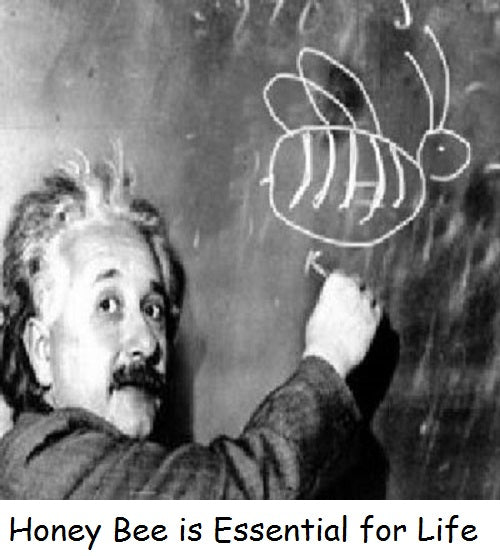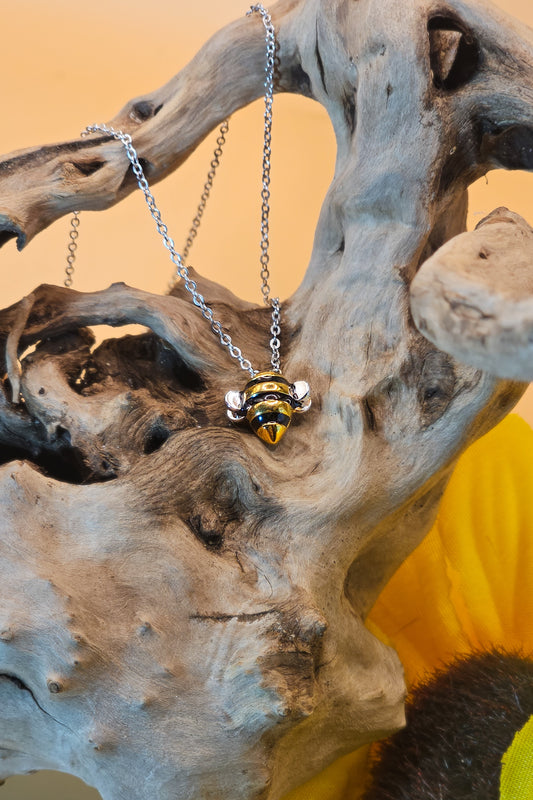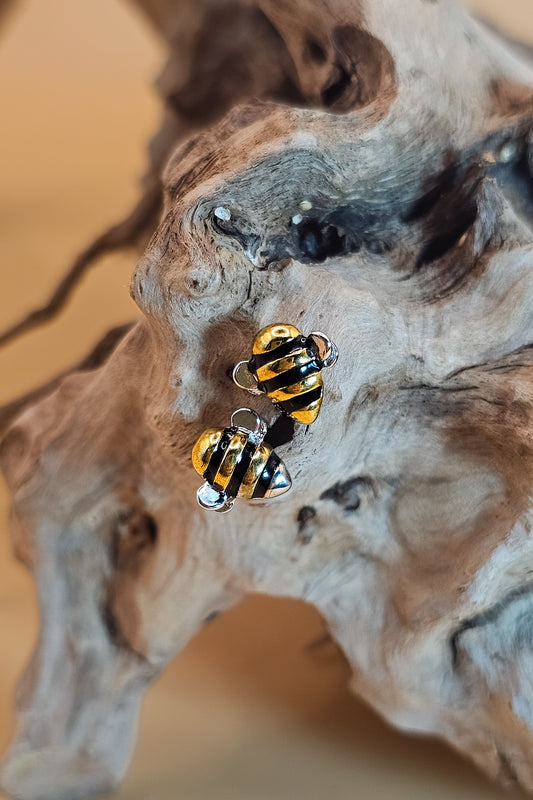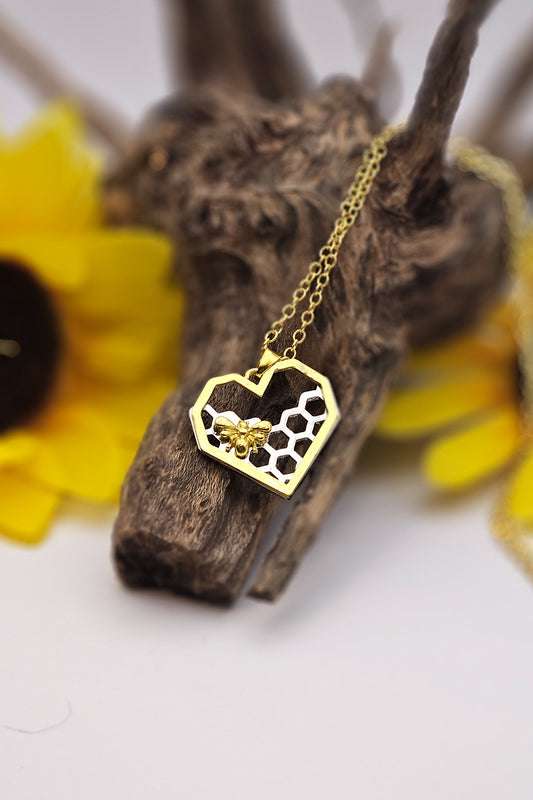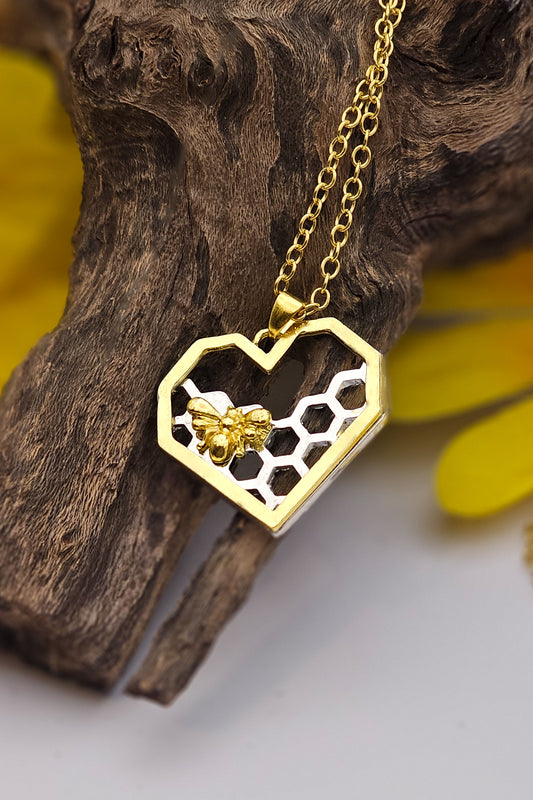“If the bee disappeared off the face of the Earth, man would only have four years left to live.”
This famous quote, attributed to the Nobel-prize winning physicist, Albert Einstein, has been causing much panic (and debate) since it first surfaced in the early 2000's.
But is it true? Will we die only a few short years after all the bees disappear?!?!?
Here's What We Know: Colony Collapse Disorder (a mysterious disease found in the US and Europe where massive amounts of bees die within the colony, and the remaining worker bees leave the hive, and their Queen, behind) IS a problem among honey bees and has been since the winter of 2006-2007 when US beekeepers first reported high levels of the disorder happening. In 2008, 60% of the honey bee colonies were LOST (Source: US EPA).
What's worse, it's not just the bees.
Humans have caused a 76% decline in flying insect biomass and 40% off these flying critters face extinction in the next few years (source: Yahoo! News).
If your chin hasn't dropped to the floor yet, this statement will make that happen:
The lack of pollinators has resulted in a lack of nutritious fruit, veggies and nuts and has caused possibly hundreds of thousands of deaths worldwide (source: Environmental Health Perspectives journal).
Samuel Myers of Harvard University, is devoting his life's work to why humans are prematurely dying due to lack of essential nutrients, the same nutrients found in fruits and veggies pollinated by bees.
"Insects and other animals (as pollinators) are responsible for the majority of calories in our diet, and an even larger number of nutrients," he said. "No one has been able to connect the dots between dwindling pollinator populations and the human health consequences. And so that's the kind of work I love to do: stitching together understanding across different disciplines to come to a recognition of how a natural system matters for health and well-being."
How Can You Help? It's really easy! Plant flowers the pollinators love, such as sunflowers and daisies, and leave alone so the bees can gather pollen and nest.
Also, limit the use of pesticide use in your yard and surrounding areas, especially neonicotinoids which are known to kill and disorient bees.
In Other Related News...A letter discovered in 2021 reveals Einstein's interest and bees and birds!
So perhaps he did say it!
But even if he didn't, it's may not be far off from the truth.
Regardless, we need to heed the warning.

